Description
ABSTRACT
An Examination of The Reverse Onus Rule Under the Federal Competition and Consumer Protection Act 2018
Lawal Ijaodola*
ABSTRACT
A consumer can sue the manufacturer/supplier of defective goods under different heads of claim. It can be in the form of breach of contract, negligence or an enforcement of consumer rights under a statute. In litigation, the onus of proof of a fact in civil cases rests squarely on the party who alleges the existence of that fact. The Federal Competition and Consumer Protection Act, 2018 (FCCPA) has introduced the reverse onus rule, which provides that where it is alleged by a consumer that a product is defective, the onus of proof shall lie on the manufacturer/supplier to prove the contrary. The relevant provision of the FCCPA would appear to be inconsistent with the provisions of the Evidence Act, 2011 on the burden of proof in civil cases. Which of the two legislations will prevail? Section 145 of the FCCPA is a specific legislation on the subject matter, while sections 131 – 133 of the Evidence Act are general provisions. Does section 136 of the Evidence Act envisage incidences of the reverse onus? Will absurdity be manifested if section 145 of the FCCPA is adopted? This paper examines the legality and applicability of the reverse onus rule under the FCCPA.
Keywords: Burden of Proof, Reverse Onus Rule, Evidence Act, FCCPA.
INTRODUCTION
“Product liability” is the liability of an undertaking1 towards a consumer for injury or loss resulting from a product defect.2 “Consumer” includes any person who purchases or offers to purchase goods otherwise than for the purpose of resale.3 A person to whom a service is rendered is also a consumer.4 Consumers also include persons likely to be injured by lack of reasonable care,5 those who borrowed defective products,6 passengers in a vehicle,7 retailers who stock defective products,8 and employees who handle or service such products.9 The meaning of “consumer” may also be extended under the “neighbour principle” in tort.10 Lord Atkin, expounding the “neighbour principle”, held
that:
* Senior Associate, G. Elias & Co.
- Undertaking includes any person involved in the production of, or the trade in, goods, or the provision of services. FCCPA, s 167.
- Escola v Coca-Cola Bottling Cp., 24 Cal. 2d 453, 462.
- The FCCPA, s 167.
- ibid.
- Robert Lowe and Geoffrey F. Wordroffe Consumer Law and Practice (4 edn, Sweet and Maxwell1980) 29.
- Griffiths v Arch Engineering Co. Ltd. [1968] 3 All ER 217.
- Malfroot v Naxal Ltd. [1935] 51 TLR 551.
- Barnet v H. and J. Packer and Co. Ltd. [1940] 3 All ER 575.
- Vachwell Engineering Co. Ltd v B.D.H. Chemicals Ltd. [1971] 1 QB 88; Mason v Williams and Williams Ltd. [1955] 1 All ER 808.
- The principle is that one must take reasonable care to avoid acts or omissions that could reasonably be foreseen as likely to injure one’s neighbour.

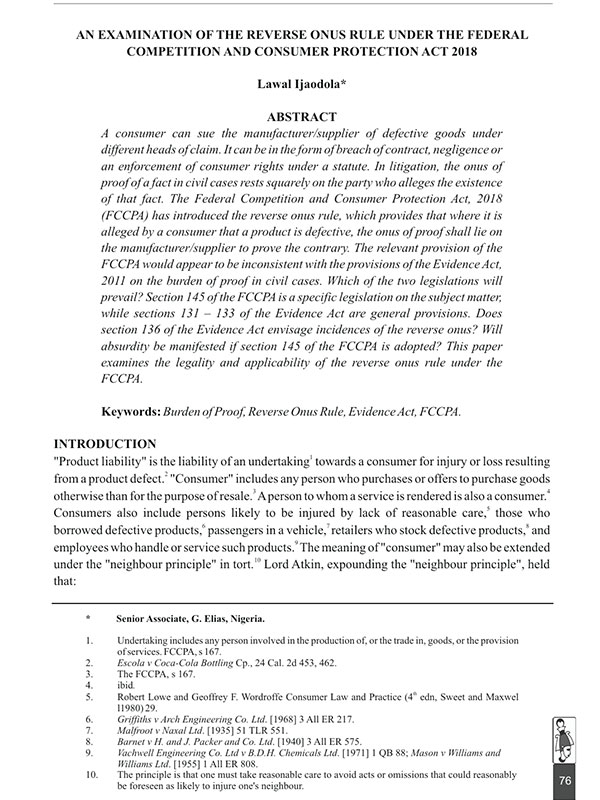
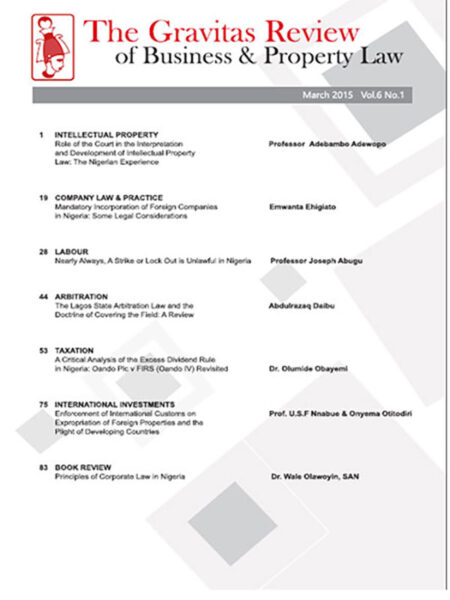
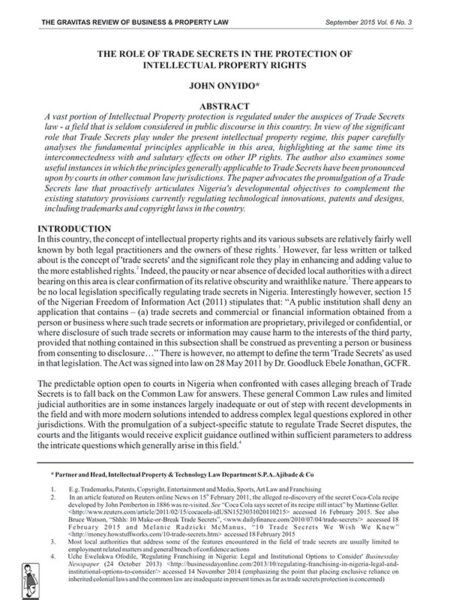
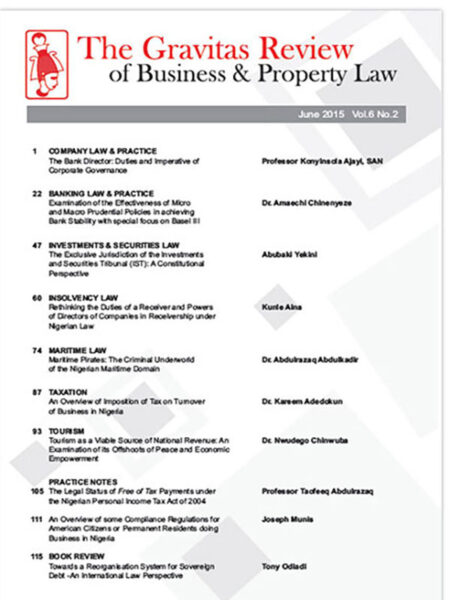
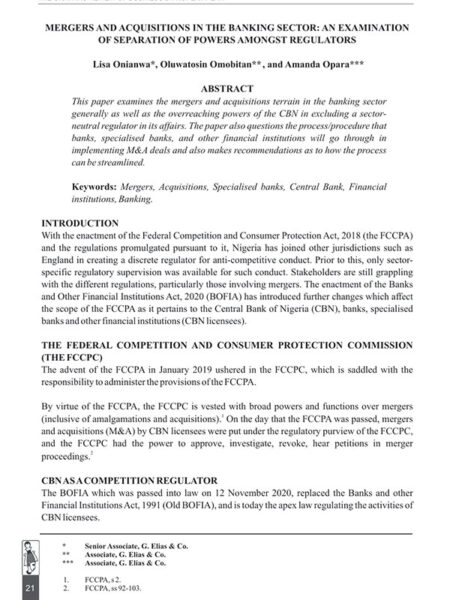


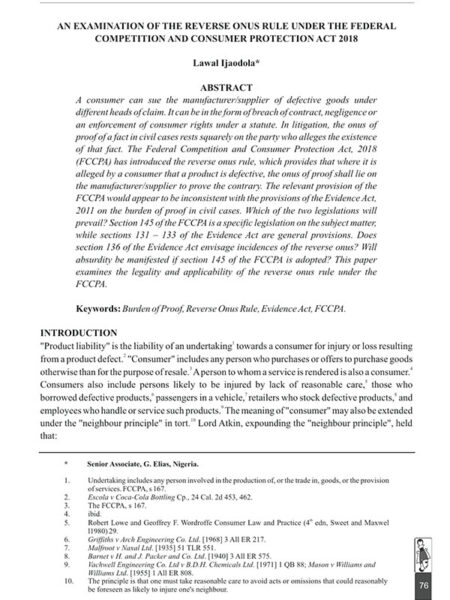
Reviews
There are no reviews yet.